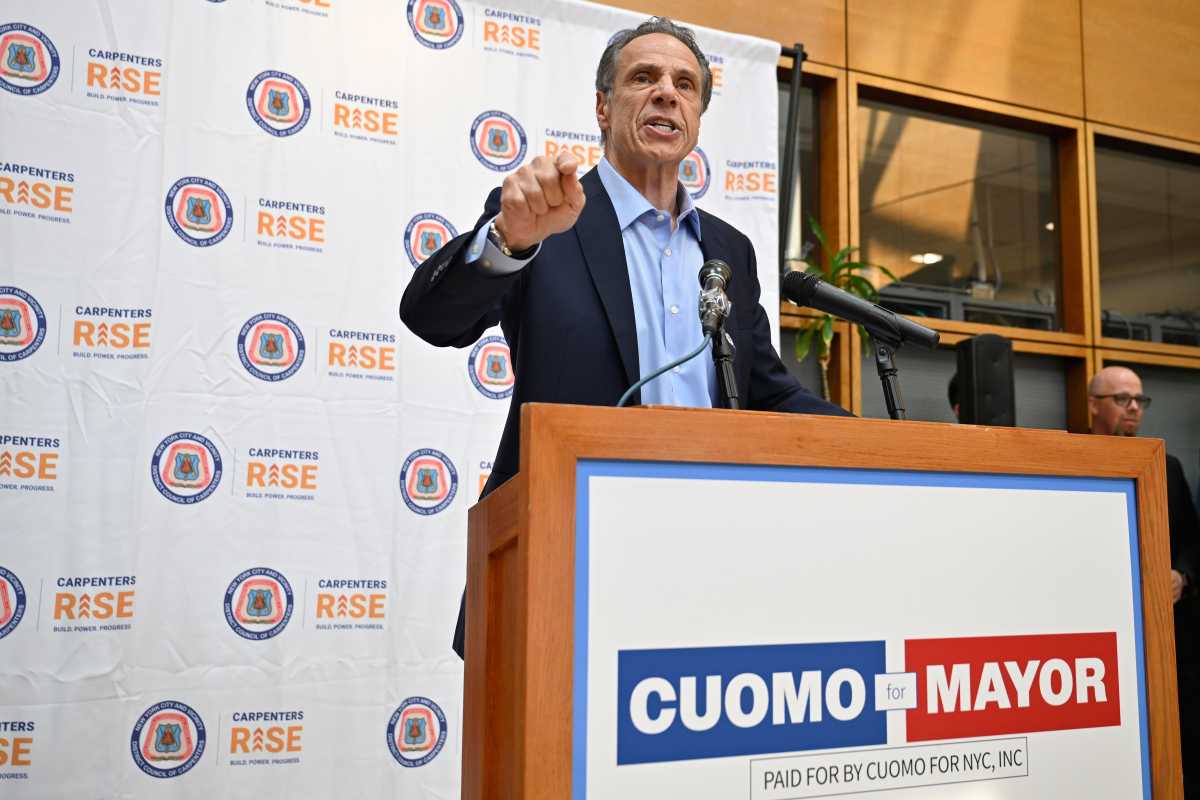While New York City businesses of every size support the rights of workers to stay home without fear of retribution if they are sick, they continue to be very concerned with many aspects of the Paid Sick Leave Bill currently before the New York City Council.
Business owners share grave concerns with many aspects of this bill, chief among them is the fact that businesses will bear the entire cost of this legislation, which departs from every other government-mandated employee benefit system such as Social Security, unemployment, disability insurance, etc. Small business is the economic engine that helps this city run.
Coming on the heels of a comprehensive report commissioned by the Partnership for New York City that pegged costs at over $789 million and said Paid Sick Leave would add, on average, .3 percent increase in payroll costs to New York City’s employers, Paid Sick Leave legislation might be well intended, but ultimately is poorly crafted with many unintended consequences that will not address the stated purpose.
Rather than just trying to get something done, the New York City Council should spend their time and effort on getting it right. Simply put, this is the wrong time and incorrect manner to address this issue, as we are in a great recession and a one-size fits all mandate borne solely by business is unworkable in a city as diverse as this. Further, in this economy we believe that private sector job creation is paramount and diverting energy anywhere else is ill conceived.
While meetings have been held with Council leadership, the bill’s sponsor and Committee Chair, there is still a perception that businesses voices are not being heard. While we hear rumors and innuendos of proposed changes to this legislation that might make it more tolerable, in fact no written changes have been offered since the bill was first introduced.
Here are five major points that the business community supports as part of a comprehensive alternative to the considered legislation:
1. Don’t fire when sick: Businesses shall not fire employees due to legitimate illnesses. This is the anti-retaliation section, and there is no private right of action.
2. Shared funding mechanism: Like worker’s compensation or other societal benefits, a shared funding alternative has a combination of employee and employer contributions.
3. Same as NYC municipal employees: The accrual and usage of paid sick leave shall be for the same time frame and reasons that NYC’s municipal employees have for their paid sick leave benefits. (12 months of work, 32+ hours per week, and 1,250 hours per year).
4. Tax Credits: Alternatives provide a very focused and limited tax credit incentive for businesses with sick leave policies greater than what is in the bill, prior to enactment. Tax credits help alleviate the financial burden of added payroll taxes, administrative and record keeping costs.
5. Enforcement: A commission, within the administering agency, would be appointed by the mayor and speaker, and comprised of labor, business and health representatives. This commission would make recommendations about funding, assessing, promulgating rules and implementing this act. In addition, this commission would promote awareness of health care options available to city residents. It should be noted that this bill has no source of funding for enforcement, and without assigning it to an agency, there is no estimate of the cost of implementation.
With legislation that would affect every employer and every employee in the city, we must take the time to carefully and precisely get it right. This means including all the stakeholders in the process, and clearly studying the issue, and articulating the goals to accomplish. The Queens Chamber of Commerce continues to be ready to work with the City Council.
Jack Friedman is the Executive Vice President of the Queens Chamber of Commerce.




































